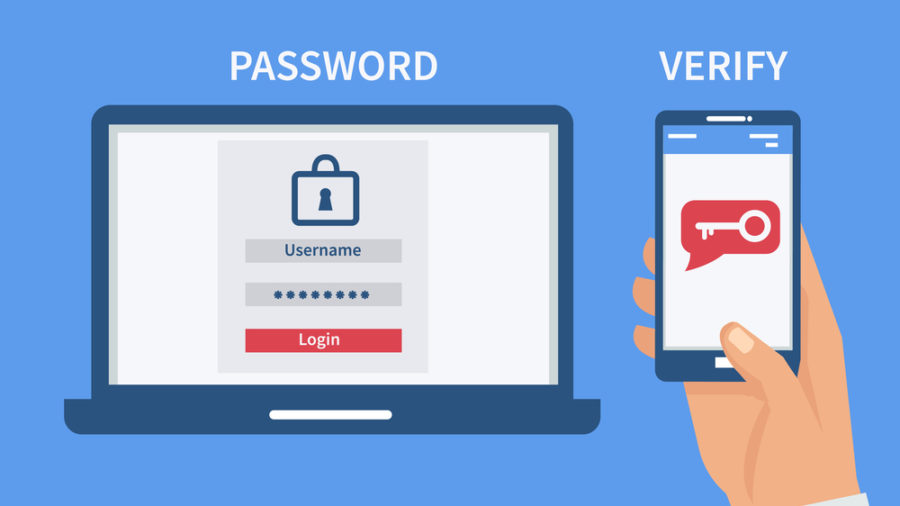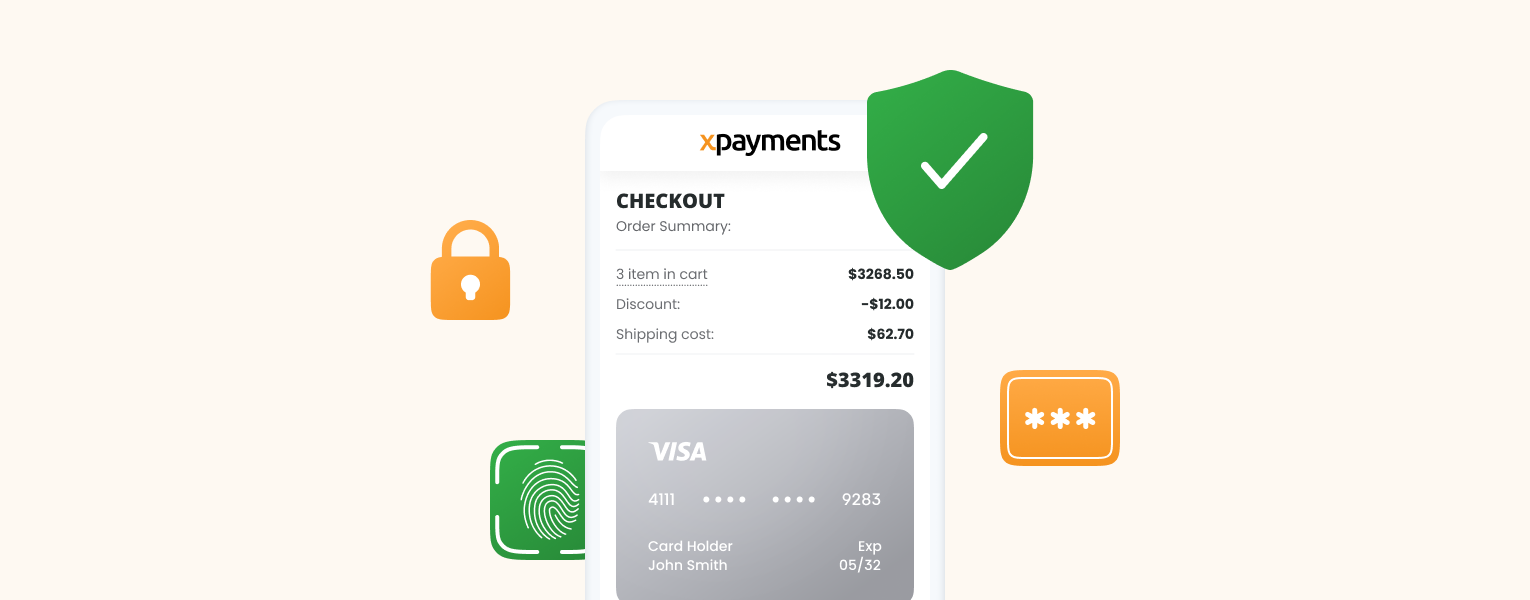online shopping scams
Combine these financial protection strategies with cautious online behavior. Dubai: Financial protection is key when shopping online, especially during the holiday season when online shopping scams are more prevalent. With the surge in holiday deals and the convenience of online shopping, cybercriminals take advantage of the season’s frenzy to trick unsuspecting shoppers.
Protecting your finances not only ensures a stress-free holiday but also helps you avoid long-term repercussions from fraudulent activity. Below are some practical tips to help you safeguard your financial well-being while shopping online this Christmas.
#1: Use secure payment methods
It would be prudent to prioritize credit cards over debit cards as they often offer better fraud protection and are not directly linked to your bank account. With regards to digital wallets, use secure options like Apple Pay, or Google Pay for added layers of encryption and buyer protection.

#2: Enable Two-Factor Authentication (2FA)
Add an extra layer of protection to your banking and shopping accounts by enabling Two-Factor Authentication (2FA). This ensures restricted access to your accounts even if your password is compromised, your account remains secure.

#3: Use virtual card numbers with ‘masking’
Aside from using a prepaid card for online purchases, a virtual card number too can limit exposure to your primary accounts. A virtual card provides a temporary or masked credit card number linked to your actual credit card, and it’s useful because the number expires or be deactivated after a certain period.

#4: Monitor transactions regularly
Check your bank and credit card statements frequently for any unauthorized charges, and set up real-time alerts for all transactions to quickly catch any suspicious activity. Also, save receipts, order confirmations, and any communication with sellers. These can be crucial for resolving disputes.

#5. Set spending limits on your credit cards
Many credit card providers allow you to set temporary spending limits or virtual card numbers for specific transactions, minimizing the risk of fraud. Also, avoid saving your credit card details on websites. If the site is hacked, your payment information could be compromised.

#7: Avoid unusual payments to sellers, retailers
Avoid sellers who insist on unconventional payment methods like cryptocurrency or gift cards as scammers often use these to make it harder to trace the transaction. Always verify the seller or retailer’s reputation if you’re buying from a new or lesser-known site by looking for legitimate reviews.

#8. Understand refund and fraud protection policies
Know your bank or credit card’s fraud dispute policies. Most credit cards allow you to dispute fraudulent charges within a specific period. So familiarise yourself with the retailer’s refund and return policies. It also helps to opt for purchase insurance that banks or credit cards, which covers you in case of fraud.

#9: Be wary of suspicious links
Avoid clicking on email or SMS links directing you to payment pages, and navigate to the official website through your browser instead. Also, ensure the website’s URL starts with “https://” and check for a padlock symbol in the address bar as this ensures it is a secure connection.
Bottom line? By combining these financial protection strategies with cautious online behavior, you can shop confidently and avoid falling victim to scams this holiday season.

